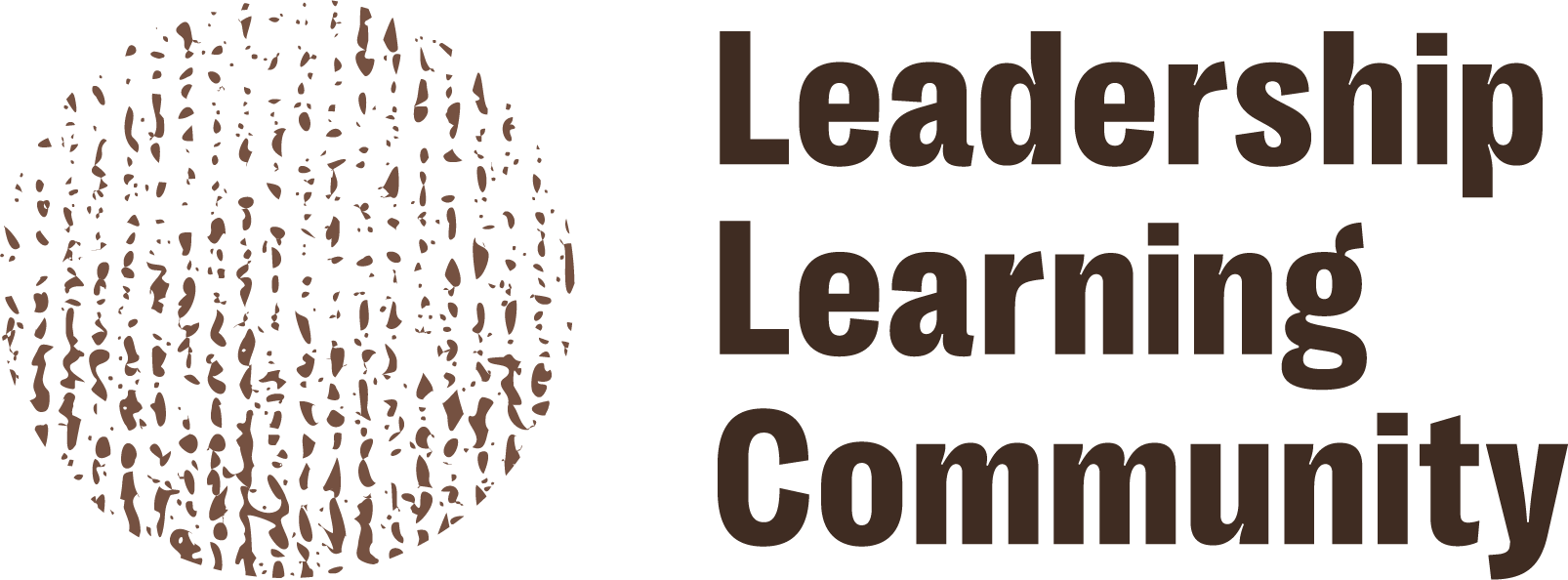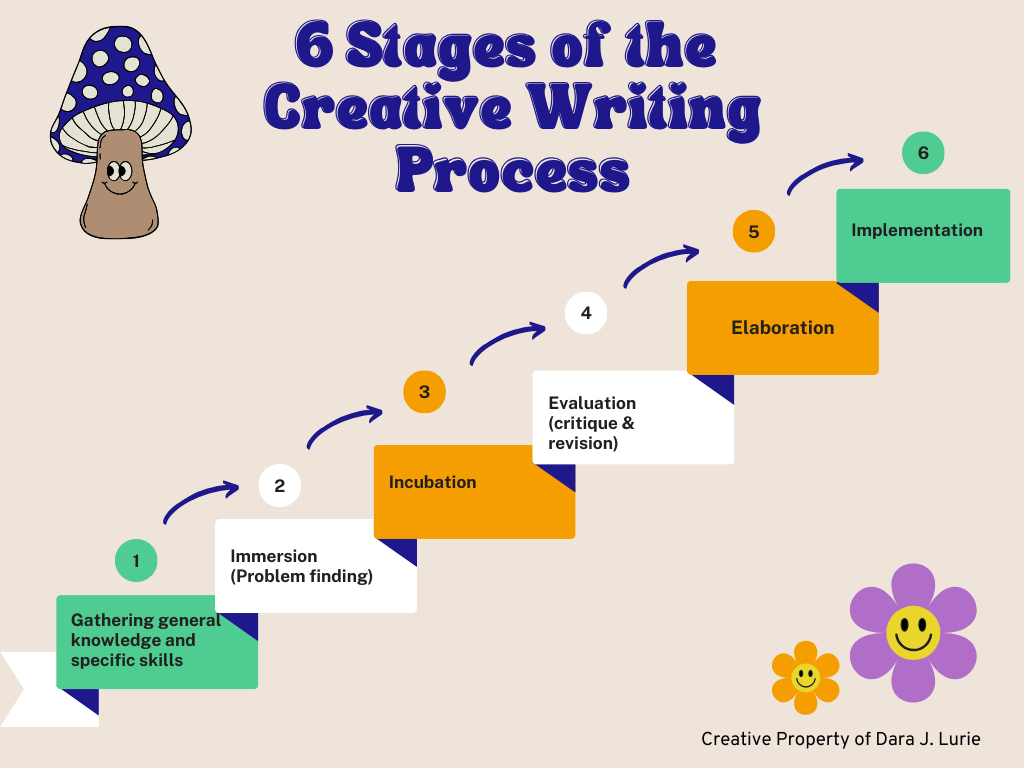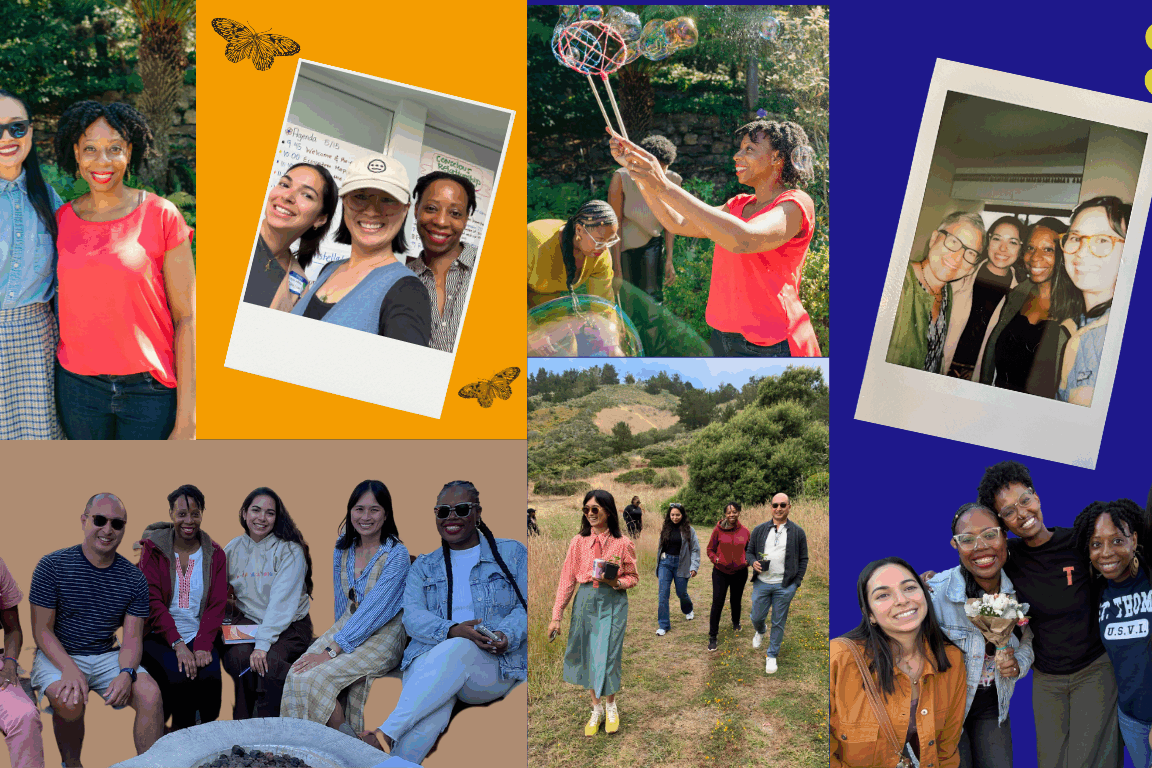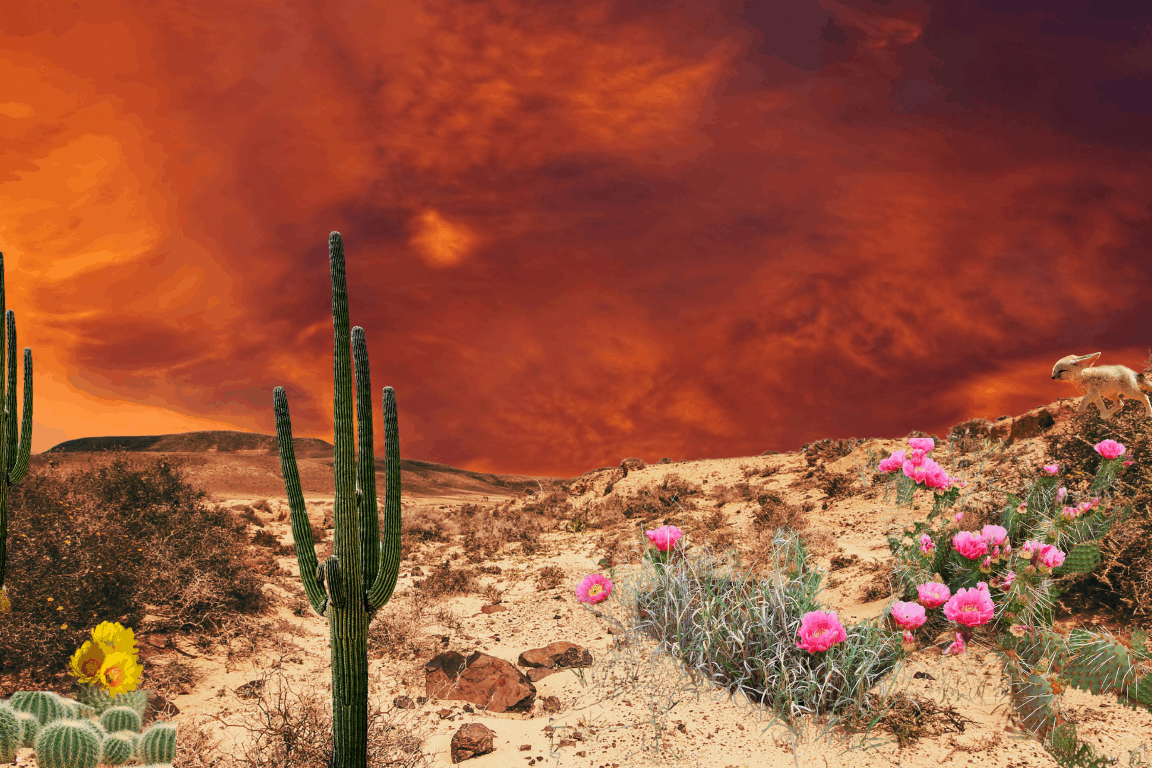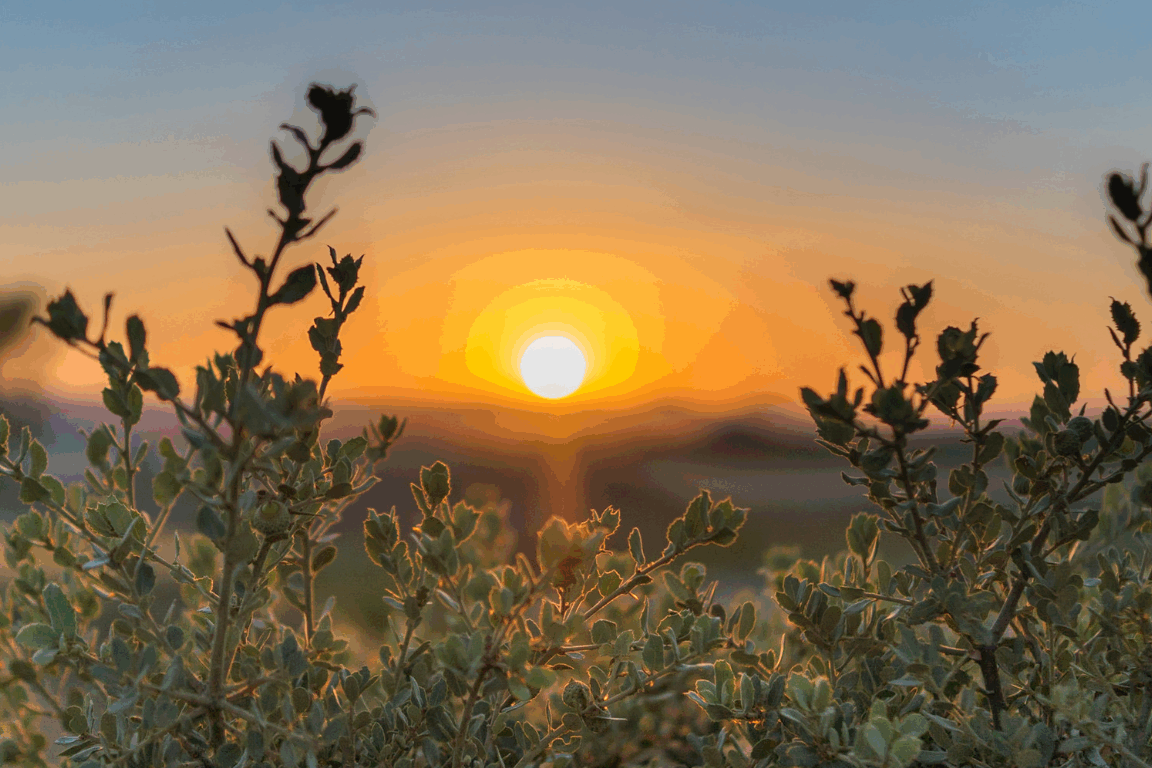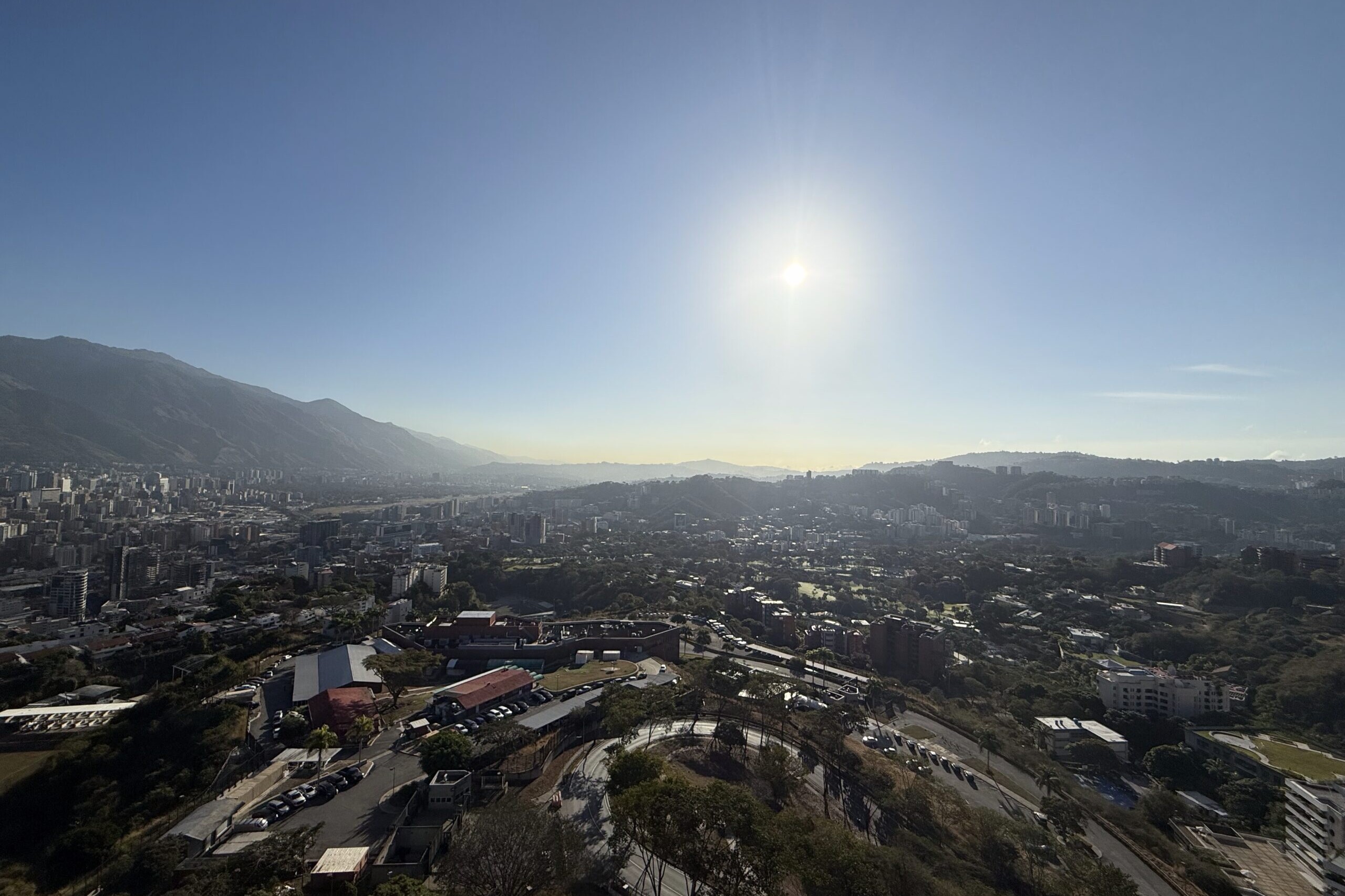This October, we embarked on an immersive fieldtrip with Dara Joyce Lurie, a writer, workshop facilitator, and co-director of the Black Stories Matter series with the TMI project. With more than 20 years of experience teaching storytelling and almost a decade leading diverse groups in organizational development, Dara helped guide us and our playmates through the otherworldy sonic landscapes of Meshes of the Afternoon, an experimental short film by Maya Deren, filled with shadows, strange noises, and snatches of moving figures in mirrors. Afterward, we broke away to write our own stories inspired by the dissonance of the film’s soundtrack.
The stories that came out of this immersive listening exercise surfaced a lot of excitement about how witnessing and listening deeply unearths all kinds of leaps and breaks in our creative thinking. What emerged in conversation with each other was a hunger for new stories about the world and each other, as well as a desire to try new forms and expressions outside of our usual routines.
In our breakout room, we listened with rapt attention to the stories our playmates had written and asked powerful questions to help us better understand their world. In my breakout room in particular, I had the pleasure of traveling through two very prismatic and yet very different worlds: one, a flash fiction piece full of music, desire, and unabashed black joy, and the other, a moving reflection on motherhood, filial care, and the preciousness of black childhood.
What struck me even more was the conversation that followed. When asked to reflect on an experience of letting go of a belief or story that no longer served us, each of us shared how hard it was to shake the limiting belief that our stories weren’t important, cool, or polished enough to share. And yet, we shared anyway. Everyone in the room was an accomplished, creative black woman with deep roots in the community. It wasn’t lost on me how important it was that we were there, in that room, on that day, writing our way towards a more liberatory and joyous world when we could have been working on an essay, a report, or a grant review.
Why?
Because the stories we tell to each other, about each other, and for each other inform the world we are building alongside each other. We tell stories in community. They help us understand the world as we’ve inherited it, but they also help us imagine new worlds altogether. As I’ve learned from visionaries like Octavia Butler, who wrote her dreams down in a notebook and willed them to life, storytelling, even in small doses, can be a courageous and liberatory practice. There is no world-building, no social justice, no grant report without storytelling. And certainly, no story without witness, without deep, transformative connections between us and the rest of the world.
Also, did you know that the word essay comes from the French word “essayer,” meaning “to try”? When I learned this just a few years ago in a poetry workshop with Aimee Nezhukumathatil, a writer I can only describe as a Joy Evangelist, I was relieved. You mean all I have to do is try? How freeing! It was also in that classroom that I learned that the word poetry comes from the Greek word “poesis,” meaning to make. A poem, much like the world, much like our commitments to each other, is a thing we make and remake every day.
Storytelling can be a liberatory practice much in the way that rest, play, joy, and deep meaningful connections can be liberatory–by slowing us down and unlocking the creative potential of being human, by making us more accountable to the stories we share (and don’t share) about ourselves and the world around us.
Practice!
I want to leave you with some liberatory writing prompts. I hope they bring you some joy and help you unlock new visions of care, curiosity, and rigorous compassion.
- Try to identify seven flavors or textures of joy. What do they sound, smell, taste, or feel like? Write into each of them for a minute and a half each.
- Write from inside the museum of a future inheritance. Name six things you can see, taste, touch, hear, and feel. What bounty or abundance have you inherited?
- In her memoir “Two or Three Things I Know for Sure,” the writer Dorothy Allison writes, “In the world, as I remade it, everything was possible. Nothing was forbidden.” If you were to remake the world in service to a dreamy and juicy abundance, what would be possible?
